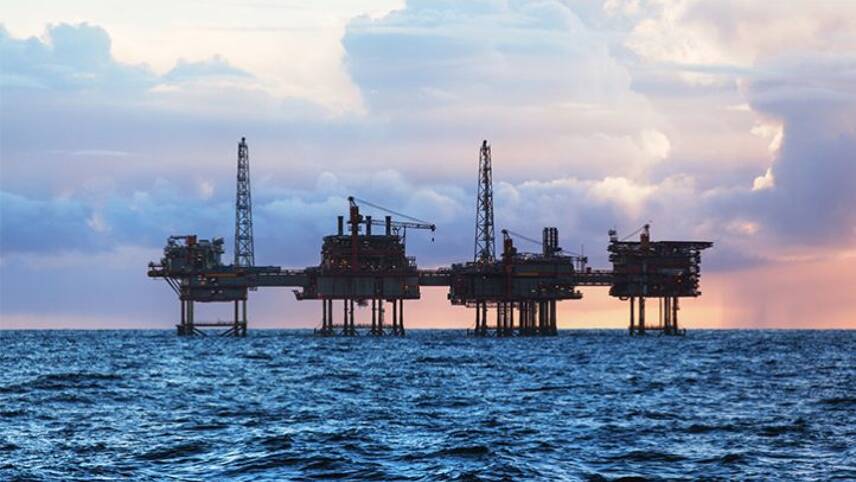Register for free and continue reading
Join our growing army of changemakers and get unlimited access to our premium content

The Agency has today launched a new “Oil and Gas Industry in Net-Zero Transitions” report, ahead of the COP28 climate summit in Dubai, which outlines the necessary steps for the industry to align with the goals of the Paris Agreement.
The report highlights that even with current policy settings, global demand for oil and gas is expected to peak by 2030. However, under more robust climate change measures, demand could plummet by 45% below today’s levels by 2050.
Nevertheless, the report emphasises that to achieve net-zero emissions by mid-century and limit global warming to 1.5C, the industry must prepare for a decline of more than 75% in oil and gas use by 2050.
IEA’s executive director Fatih Birol said: “The oil and gas industry is facing a moment of truth at COP28 in Dubai.
“With the world suffering the impacts of a worsening climate crisis, continuing with business as usual is neither socially nor environmentally responsible.”
In 2022, fossil fuels accounted for 82% of global energy consumption, according to the Institute for Energy Research. However, while being a major contributor to the global energy supply, the oil and gas sector currently accounts for a mere 1% of global clean energy investment.
Fossil fuel finance
The report highlights that the sector is investing some $800bn annually in fossil fuels. This is double the necessary amount to align with a 1.5C warming limit.
Demand reduction is projected to be significant enough to render new long-term conventional oil and gas projects unnecessary. In fact, the IEA is even anticipating a need to curtail some existing oil and gas production.
As the world moves towards net-zero, the oil and gas industry is anticipated to become progressively less profitable and more precarious.
According to the report, private oil and gas companies’ current value, standing at $6trn, could decrease by 25% if all national energy and climate objectives are met. This reduction could even extend to 60% if global efforts align to restrict global warming to 1.5C.
Call to action
The report reveals a significant emission intensity disparity, with the highest emitters being five to ten times above the lowest, indicating substantial room for improvement.
The IEA is urging every company in the sector to develop a comprehensive plan to reduce emissions from their operations. Currently responsible for nearly 15% of global energy-related greenhouse gas (GHG) emissions, the industry’s emissions must decline by 60% by 2030 to align with a 1.5C scenario.
Amid these challenges, the IEA has identified opportunities for the industry to play a crucial role in scaling up clean energy technologies.
The report notes that technologies such as hydrogen, carbon capture, offshore wind and liquid biofuels could benefit from the sector’s expertise, accounting for 30% of energy consumption in a decarbonised system by 2050.
However, the report stresses that achieving this shift requires a substantial increase in financial commitments. Currently investing around 2.5% of its total capital spending in clean energy, the industry would need to allocate 50% of capital expenditures to clean energy projects by 2030 to meet the Paris Agreement goals.
Carbon capture, utilisation and storage
The IEA also cautions that carbon capture, often seen as crucial in companies’ transition plans, cannot be used as a substitute for reducing oil and gas production and demand.
If oil and gas usage follows present policies, achieving a 1.5C temperature limit would demand an unimaginable capture of 32 billion tonnes of carbon for utilisation or storage by 2050, with 23 billion tonnes extracted through direct air capture.
The report concludes that powering these technologies would necessitate more electricity than the global electricity demand today.
Birol added: “The industry needs to commit to genuinely helping the world meet its energy needs and climate goals – which means letting go of the illusion that implausibly large amounts of carbon capture are the solution.”
The IEA is urging the oil and gas industry to step up their efforts and investments in accelerating the clean energy transition prior to COP28.
COP28 chief executive officer Adnan Amin said: “The IEA report reinforces the need for COP28 to be an inflection point in the world’s efforts to tackle climate change and keep 1.5C within reach.
“The world must deliver an ambitious decision on the Global Stocktake and give the world some good news.
“I have consistently called on oil and gas to aim for the highest possible ambitions and deliver urgent action through decarbonisation. We believe the oil and gas industry can do more.”


Please login or Register to leave a comment.